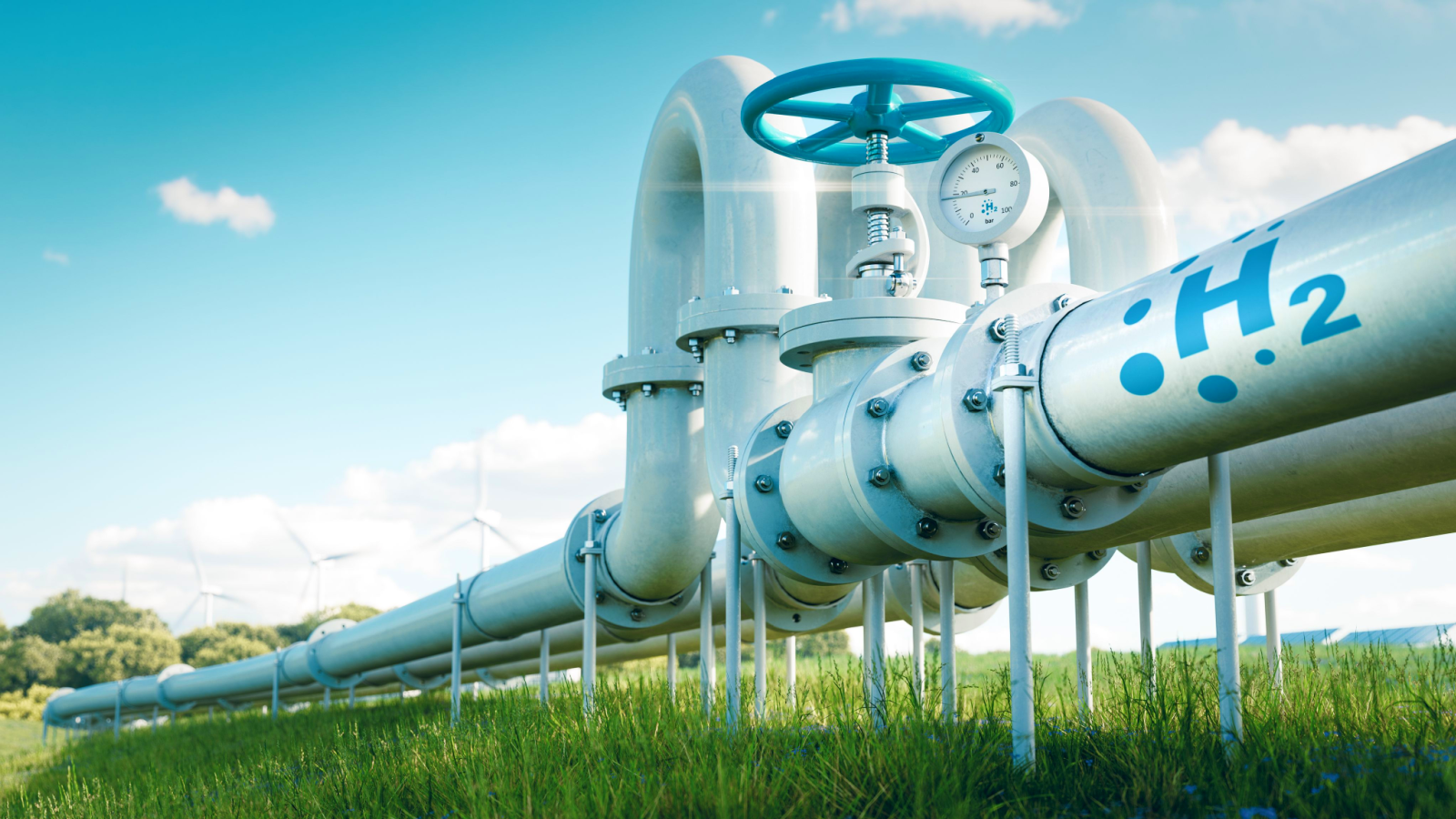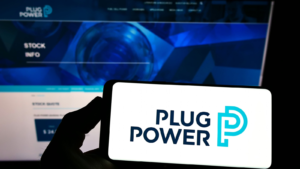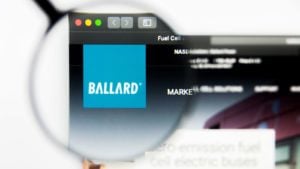
On March 13, the U.S. Department of Energy announced $750 million in funding for 52 projects across 24 states to support clean hydrogen in America. That’s excellent news for hydrogen stocks.
“The Biden-Harris Administration is propelling an American-led clean hydrogen economy that is delivering good-paying, high-quality jobs and accelerating a manufacturing renaissance in communities across America,” said U.S. Secretary of Energy Jennifer M. Granholm.
“The projects announced today—funded by the President’s Investing in America agenda—will supercharge our progress and ensure our leadership in clean hydrogen will be felt across the nation for generations to come.”
These words are music to the ears of clean hydrogen-related businesses everywhere, not just in the U.S. It’s a sign that clean energy still matters to Americans.
The words are also music to the ears of investors in hydrogen stocks. The Global X Hydrogen ETF (NASDAQ:HYDR) started in July 2021. Open for nearly three years, it’s gathered $36.4 million in net assets. That’s a decent amount, but I don’t think it was what Global X had in mind when it launched HYDR.
Nearly three years later, here are three hydrogen stocks to consider from the ETF’s 25 holdings.
Plug Power (PLUG)

It has not been a good year for the manufacturer of fuel cell systems used in green hydrogen production, Plug Power (NASDAQ:PLUG). The stock has lost more than 27% in 2024, on top of a 64% decline in 2023. It is now a penny stock. The last time it traded at these levels was in early 2020.
On Jan. 23, the company announced that its liquid green hydrogen plant in Georgia was open for business. The plant can produce 15 tons of liquid electrolytic hydrogen a day. According to the company’s press release, it’s enough to power 15,000 forklifts daily.
The plant was completed in half the time typically needed for a hydrogen plant. It is in the final stages of securing a $1.6 billion term sheet from the U.S. Department of Energy.
The company’s biggest issue isn’t generating sales, rather it’s ensuring that it has a sound balance sheet to remain a going concern. That starts with better margins. As a result, it is raising prices across all of its offerings. At the same time, it is controlling costs, including reducing its workforce—doing more with less.
In 2023, Plug Power burned through $1.1 billion in cash. The company plans to reduce that by 70% in 2024 by cutting capex, lower working capital investments and higher margins. In 2023, they were -114%, considerably worse than a year earlier due to money-losing power purchase agreements.
The risk involved in a Plug Power investment is high, but so is the potential. Only aggressive investors should consider making an investment in this hydrogen stock.
Ballard Power Systems (BLDP)

Ballard Power Systems (NASDAQ:BLDP) reported Q4 2023 results on March 11. There was good and bad news. Its revenue was $46.8 million, higher than the analyst estimate of $34.2 million and 132% higher than in Q4 2022. On the bottom line, it lost 16 cents per share, 3 cents below the consensus, and 78% higher than the nine cents it lost a year ago. It finished the year with $751.1 million in cash, 18% lower than in 2022.
Based on the earnings report, Raymond James lowered its price target by 50 cents to $4 while maintaining a Market Perform rating. However, its analysts did suggest that it could reach a breakeven gross margin by the end of 2024. This is in contrast to the -21% margin reported in 2023.
Further, revenues from the sale of its fuel cell solutions to bus companies in the U.S. and Europe should do well in the year ahead as bus orders rise. More than 30 years and billions have been spent since Ballard produced its first fuel cell bus in 1993. If any company deserves to reach full profitability, it absolutely should be Ballard.
Once more, I would only consider an investment if you are an aggressive investor comfortable with above-average risk.
BP (BP)

Former BP (NYSE:BP) CEO Bernard Looney’s loss is Murray Auchincloss’s gain. On Jan. 17, BP’s board announced that the interim CEO and former CFO would become the new CEO, replacing Looney, who was forced to step down after admitting several relationships with work colleagues.
As the saying goes, “Luck is when preparation meets opportunity.” The board felt Auchincloss was more than prepared to become the energy giant’s permanent CEO. As a Canadian, I was pleased to see the company appoint a 53-year-old Canadian to run it.
Auchincloss is well respected within the company and by institutional investors. This is vital, given that three of four BP CEOs since 1995 have been forced to resign. Auchincloss’s job is to return some stability to the business.
BP remains committed to a net zero energy system (carbon neutral) by 2050. Low-carbon hydrogen will be a part of that. Currently, it is developing 10 hydrogen projects in Europe, the U.S., and Australia, enabling it to annually produce as much as 0.7 million tonnes of low-carbon hydrogen.
One of these projects is a nearly 64% stake in the Asian Renewable Energy Hub (AREH). AREH is working with the Australian government to develop 26 GW (gigawatts) of solar and wind power for its clean hydrogen output. It currently produces 1.6 million tonnes of green hydrogen annually in Australia.
Betting on BP is a much safer way to bet on clean hydrogen stocks.
On the date of publication, Will Ashworth did not have (either directly or indirectly) any positions in the securities mentioned in this article. The opinions expressed in this article are those of the writer, subject to the InvestorPlace.com Publishing Guidelines.






